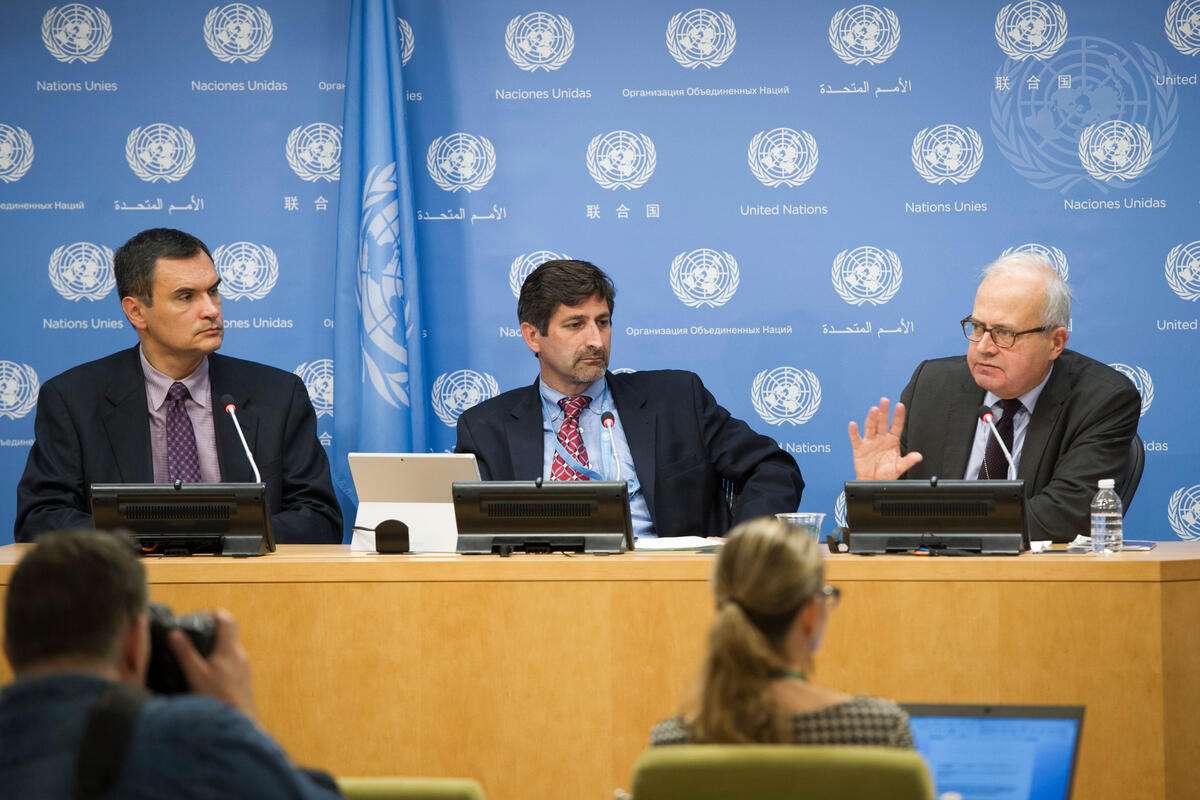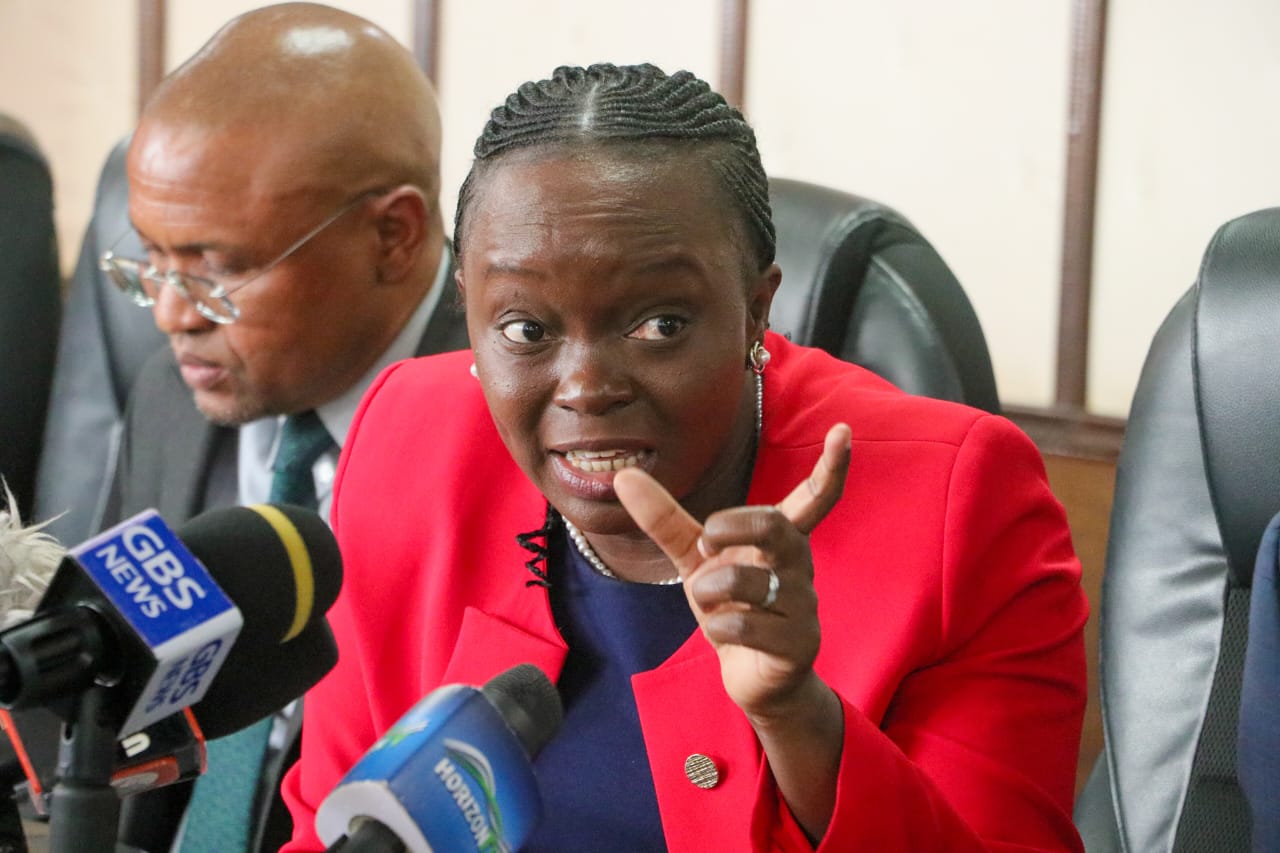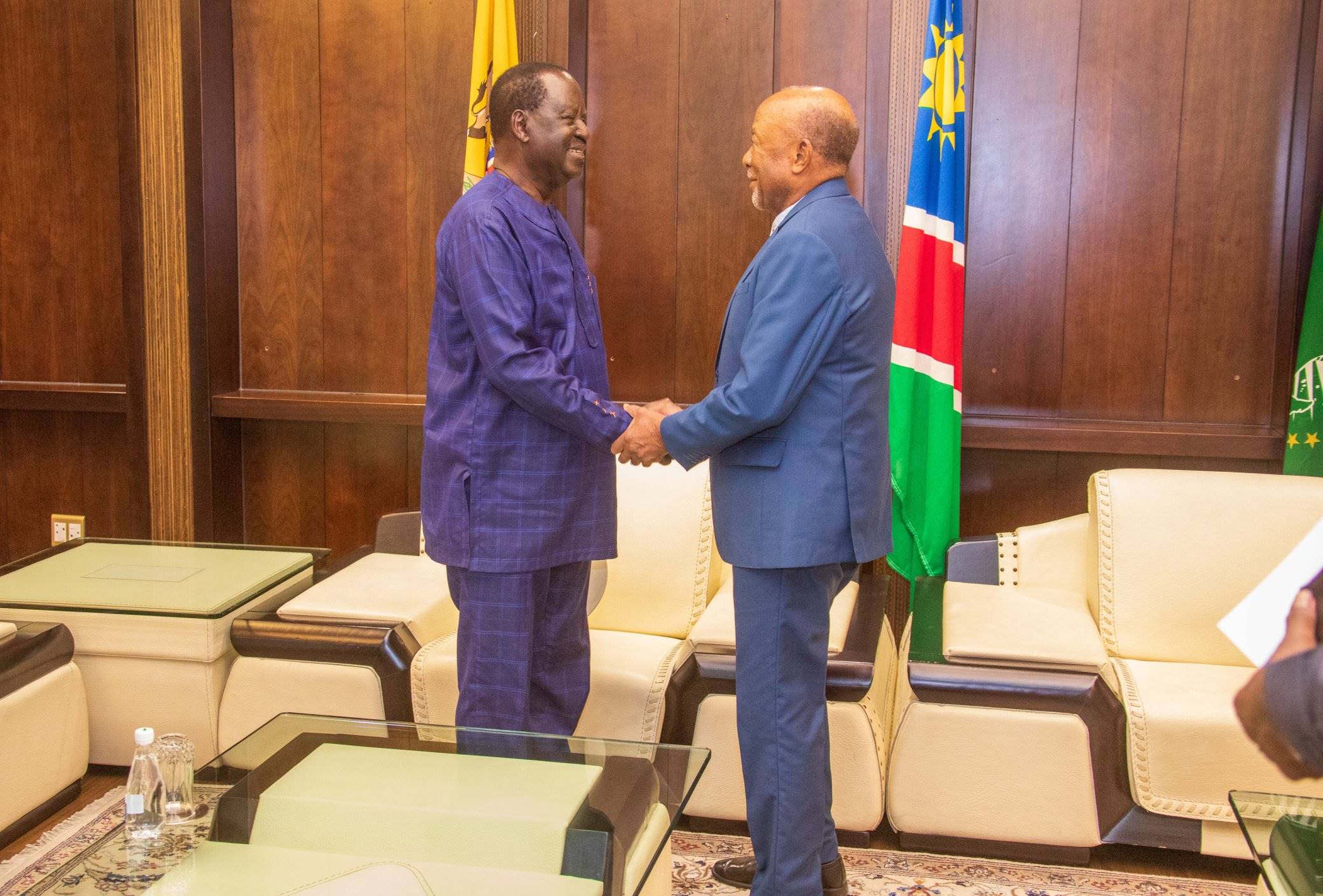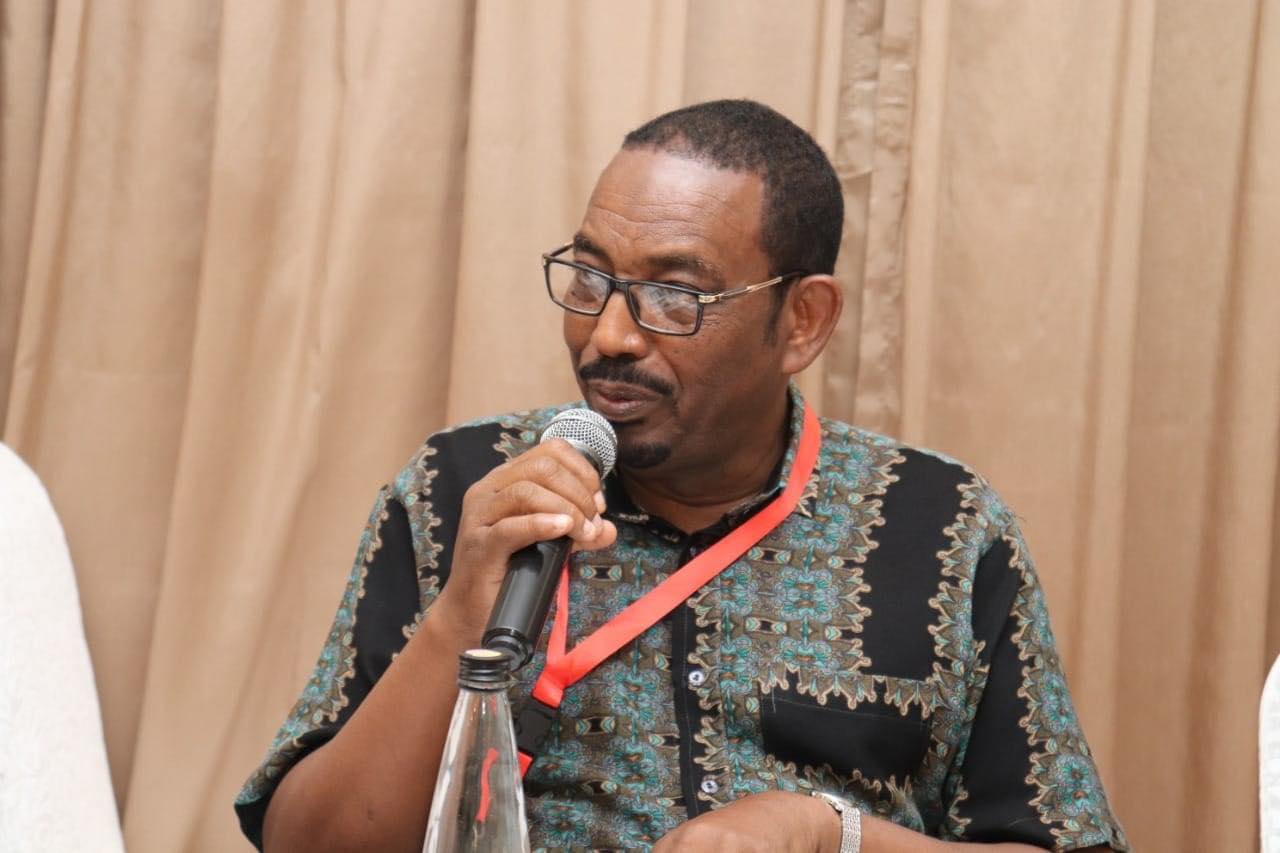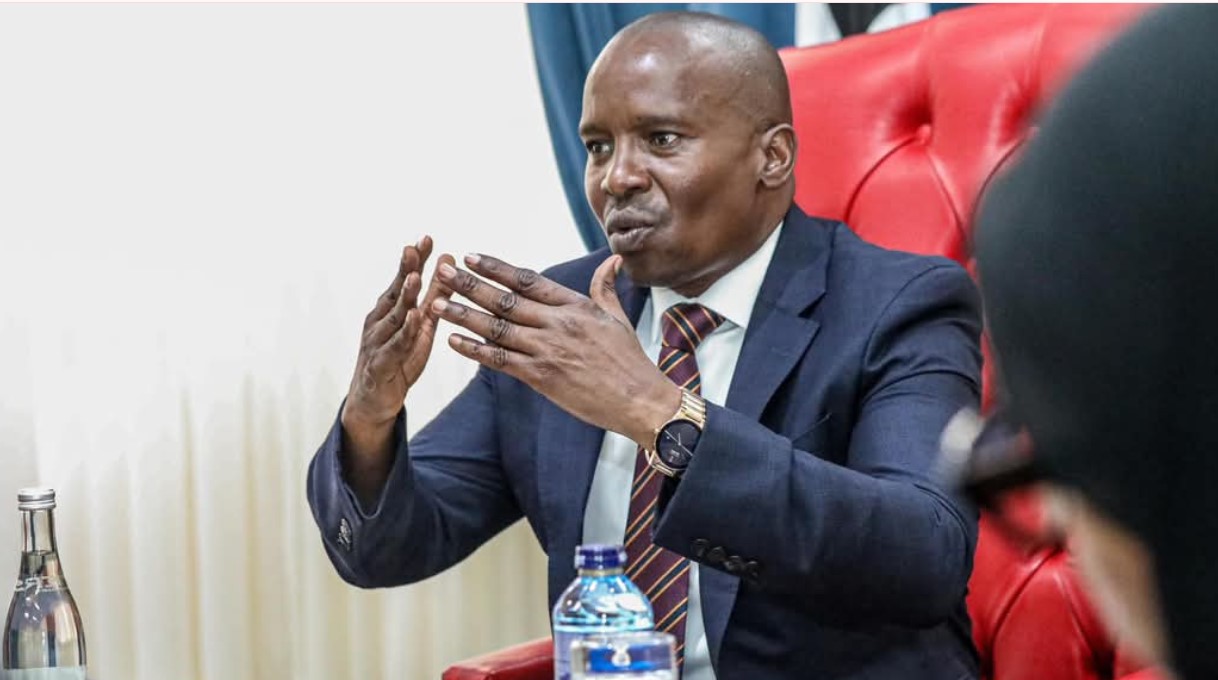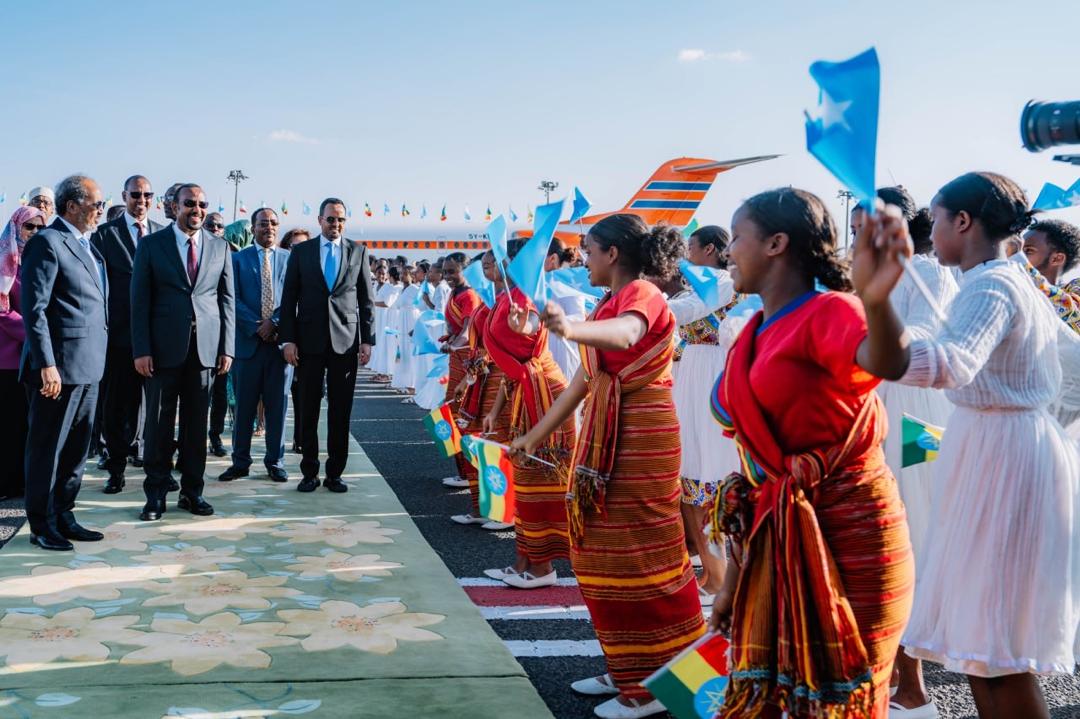UN holds first International Day of Play to promote child development

The agency noted that play creates powerful learning opportunities across all areas of development, forges connections, provides a platform for children to express and develop imagination and creativity, and builds a wide range of skills.
The United Nations has declared June 11 its first annual International Day of Play, upholding the inherent importance of leisure, recreation, and play in the lives of individuals and communities.
The event will be held in the Trusteeship Council-UNHQ from 1.15 pm to 2.25 pm.
More To Read
"The event aims to also raise awareness about the critical role of play for human development through interactive activities and engaging discussions to develop a deeper understanding of the relevance of play and how play serves as a critical building block in the growth and learning process of individuals, particularly children," the UN wrote in a statement.
The agency noted that play creates powerful learning opportunities across all areas of development, forges connections, provides a platform for children to express and develop imagination and creativity, and builds a wide range of skills like leadership, navigating fears, and conquering fear.
"For children in particular, play helps build relationships and improves control, overcome trauma, and problem-solving. It helps children develop the cognitive, physical, creative, social, and emotional skills they need to thrive in a rapidly changing world."
UN Statistics show that 71 per cent of children say play is important because it makes them happy, while 58 per cent say that it helps them make friends and have a good time with others.
Around 160 million children around the world are working instead of playing or learning, while 41 per cent have been told to stop playing by either their parents or other adults, such as neighbours.
This growing awareness of the intrinsic value of play has been supported by the UN's broader declarations and covenants on human rights.
The UN's recognition of the right to play is not a new concept. The 1989 Convention on the Rights of the Child included a specific article (Article 31) that affirmed a child's right "to rest and leisure, to engage in play and in recreational activities appropriate to the age of the child".
However, the separation of the right to play from the right to education in this convention represented a significant shift, as it acknowledged play as a fundamental human right rather than just a means to an educational end.
Additionally, leisure and recreation have been recognised as essential for children and all other people as the UN's Universal Declaration of Human Rights affirms the right to rest and leisure.
"Societies must internalise the invaluable importance of play for its own sake, and strive for policies that ensure all children and adults can fully enjoy this fundamental right," the UN said.
Top Stories Today
Trending
